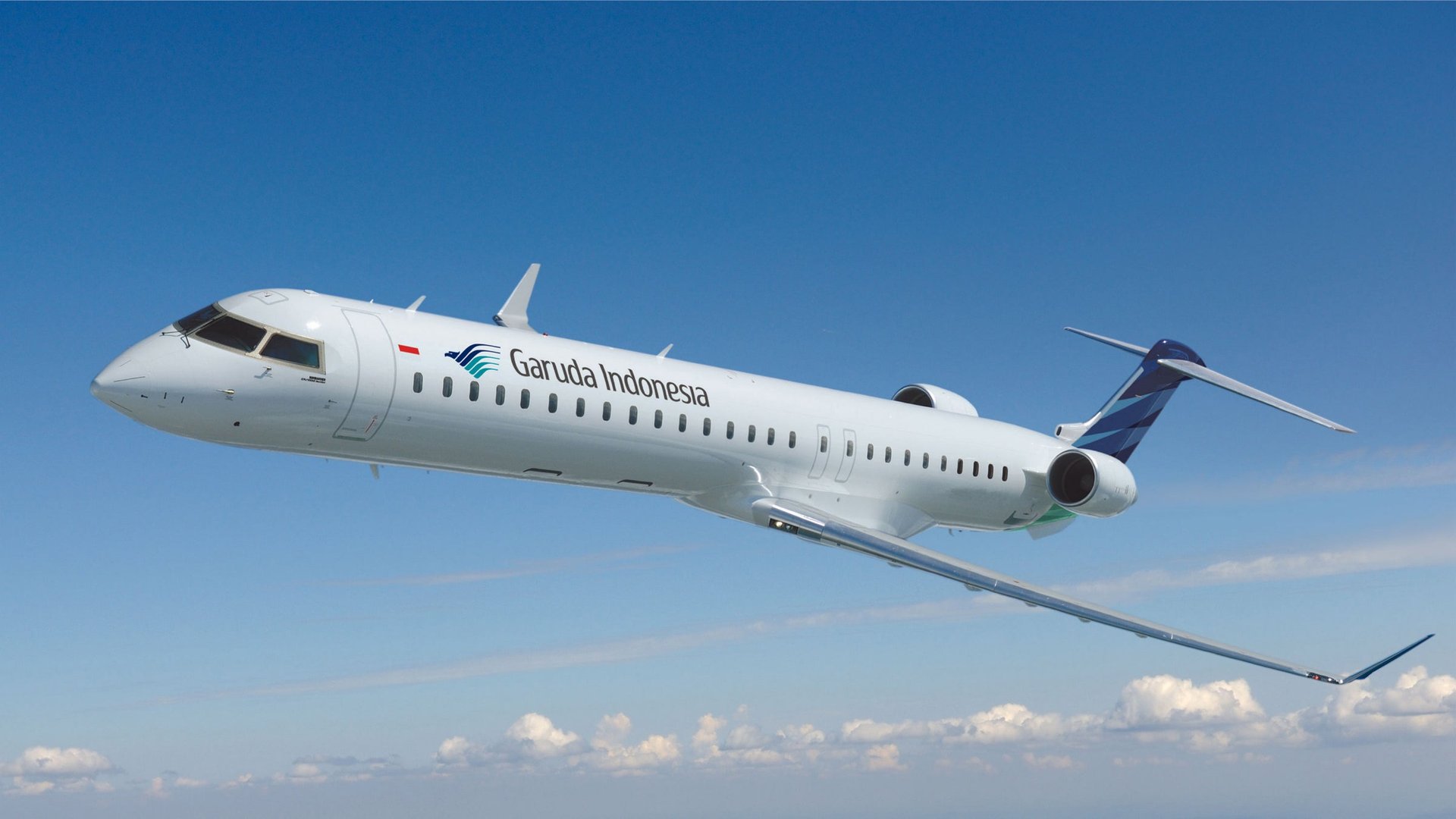Garuda’s 2012 profits offer further evidence of Indonesia’s air travel bonanza
PT Garuda Indonesia, the country’s flag carrier and its biggest listed airline, rallied 6.3% today as the company reported $110.6 million in 2012 net income—more than analysts had expected and 73% higher than its 2011 income.


PT Garuda Indonesia, the country’s flag carrier and its biggest listed airline, rallied 6.3% today as the company reported $110.6 million in 2012 net income—more than analysts had expected and 73% higher than its 2011 income.
Garuda’s share-price gain was the most it’s seen since early Oct. 2012. The other big boost to the stock came from the company’s announcement that in Q2 it plans to issue some $205.5 million in corporate bonds to fund expansion.
Garuda’s earnings statement didn’t clarify why its profits rose, but as a Harry Su, Bahana Securities’ head of research, told Bloomberg, there are two major reasons. “Garuda is a completely different animal than most airlines because most of its revenues are from the domestic market,” he said. “Other airlines are suffering from the slowdown in Europe whereas Garuda has very minimal routes to Europe.”
Since Indonesia deregulated the industry in the late 1990s, a slew of low-cost operators have cropped up—and that segment has exploded in recent years, driven by rapid growth in Indonesian household consumption. With 72.5 million Indonesian passengers in 2012, air travel is now nearly twice what it was in 2008, and is on track to hit 100 million by 2015.
And it’s not just Garuda that’s benefiting. As we covered recently, Southeast Asian carriers like Lion Air and Malaysia’s AirAsia have been on Airbus buying sprees in order to ramp up their routes. And though new routes to South Korea and Japan are also in the works for Indonesian and Malaysian carriers, most of that expansion is within the region.
Like its regional competitors, Garuda has been replacing its Boeing fleet with Airbuses as well. However, for domestic routes it’s favoring Bombardier; it purchased 18 CRJ 1000 NextGens in February to help it expand its routes out of Pekanbaru, reports Antara news agency.
Today’s rally marks a bright spot in the otherwise mixed performance of Garuda’s share-price. Though it listed on the Indonesia Stock Exchange in 2011, only 17% of its shares are publicly traded, while almost 70% of the company is state-owned.
That’s not really by choice, though. Its share offering debuted in a particularly bearish moment on the Indonesian exchange, nearly half of its shares went unsold. PT Trans Airways, which is owned by business luminary Chairul Tanjung, later snapped up an 11% stake from underwriters, who lost more than 17% due to the stock’s tanking. Since then, overseas mutual funds like Vanguard, State Street and BlackRock have been building positions, according to FactSet. Garuda has indicated that it plans to sell an additional 10% of its shares to the public through a rights issue, and is still considering listing two of its subsidiaries.